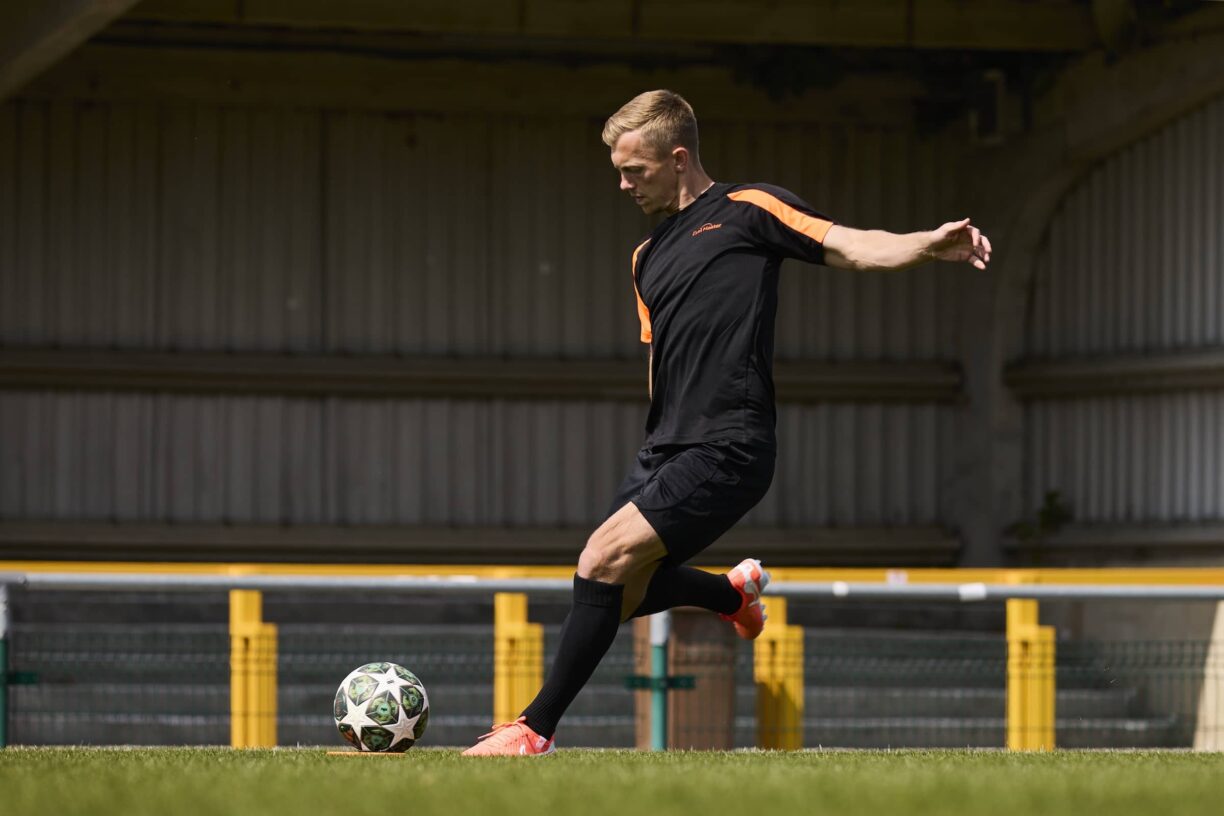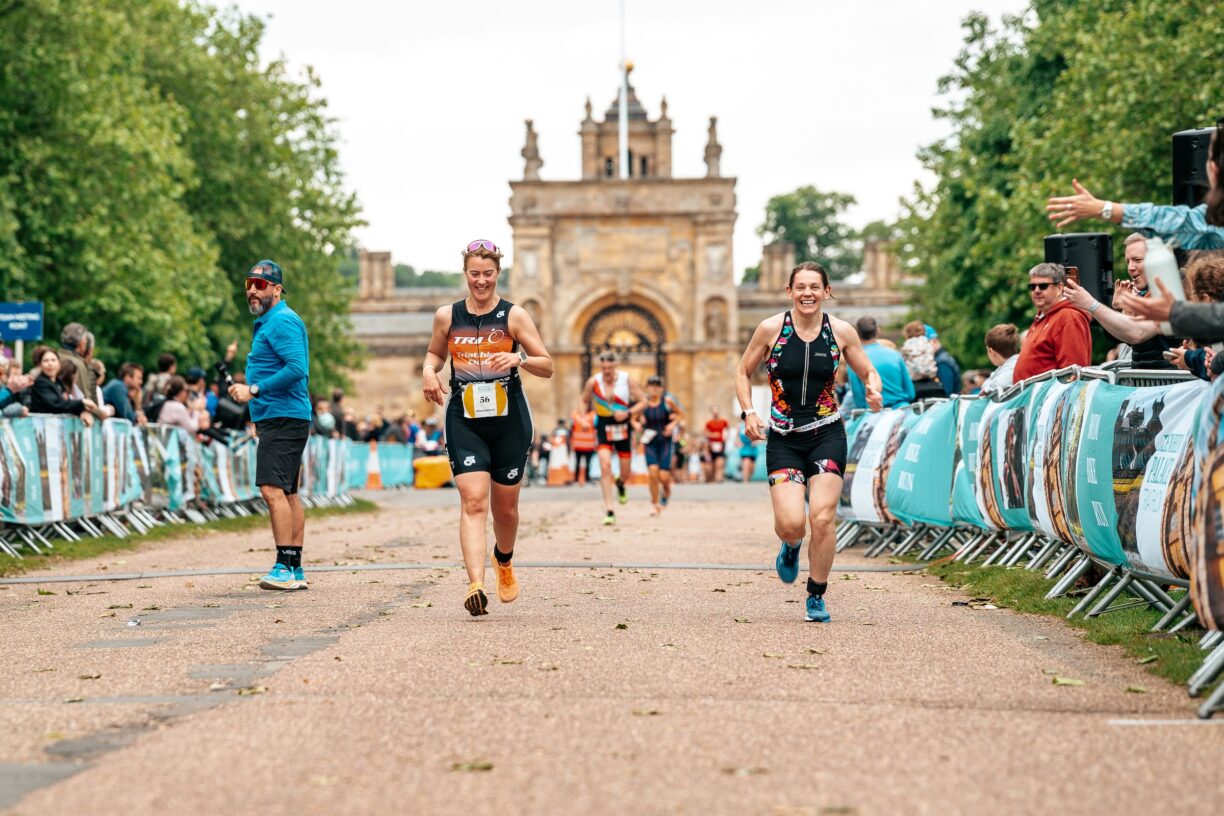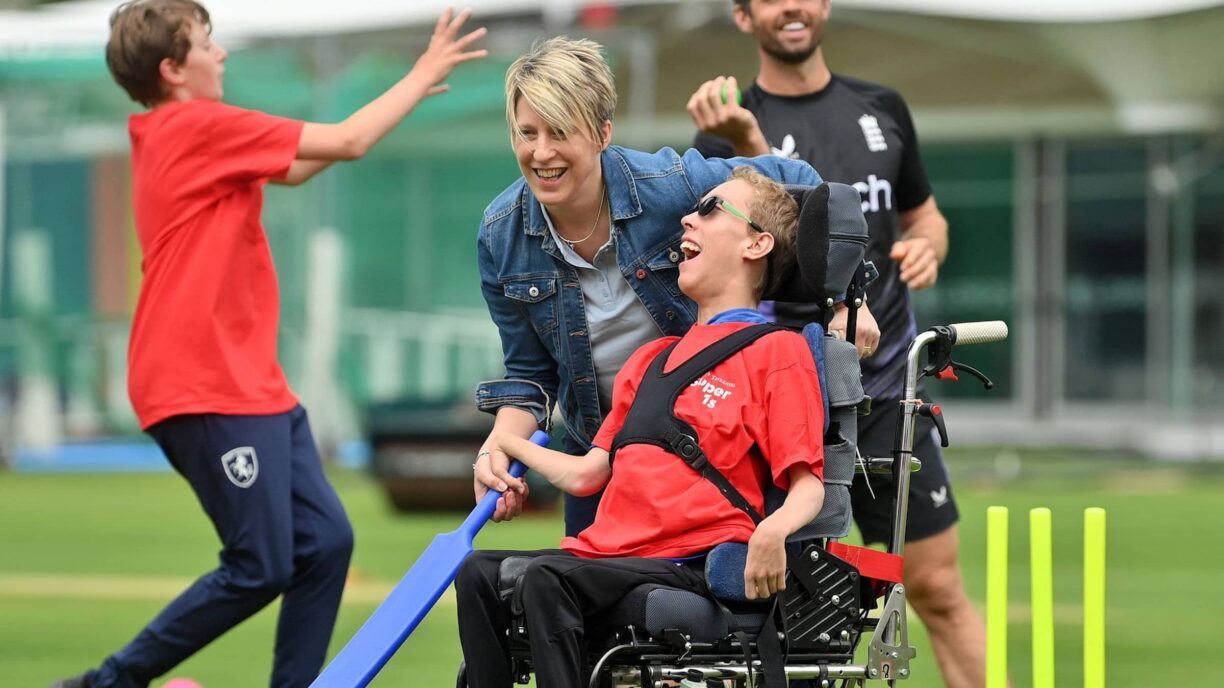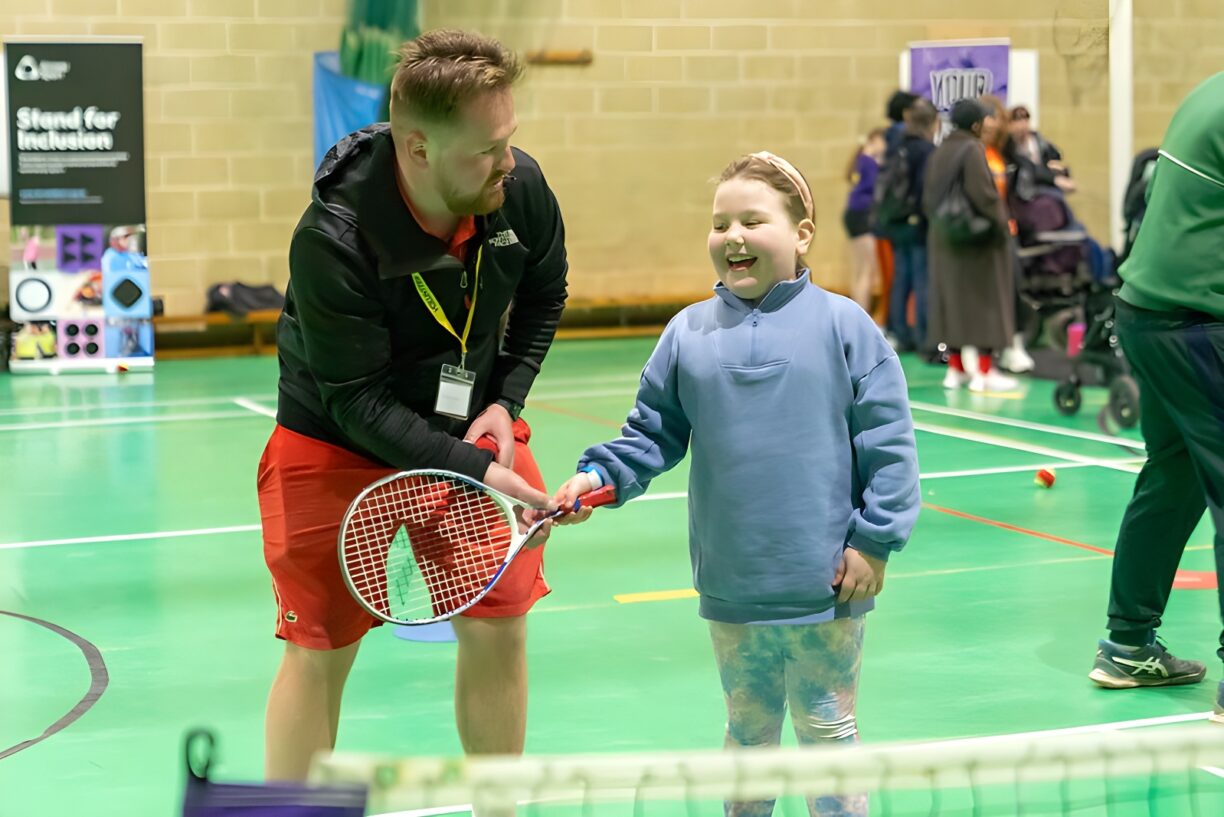The 4x1500m world record of 16:27.02 set by the US quartet of Colleen Quigley, Elise Cranny, Karissa Schweizer and Shelby Houlihan in Portland on 31 July has been ratified.
Like many competitions in this pandemic-battered year, one marked by pain, loss and uncertainty, the setting for this assault on the record over this rarely-run distance was an unlikely one: a low-key intra-squad competition on a high school track with few competitors and no spectators.
But with few competitive opportunities available to them during the main summer season, the Bowerman Track Club quartet took full advantage, averaging sub-4:07 legs to smash the previous record of 16:33.58 set by the Kenyan quartet of Mercy Cherono, Faith Kipyegon, Irene Jelegat and Hellen Obiri at the World Relays on 25 May 2014.
“It’s been such a strange and disappointing year in so many ways, but that race was definitely one of the highlights of the whole year for me,” said Quigley, who ran the opening leg.
After the squad produced a slew of strong performances throughout July, Quigley said they decided they should give the record a shot.
“I was really excited about the idea of maybe trying to go for the 4x1500m world record,” said Houlihan, who anchored the quartet. “We have an amazing group of women that can all run a fast 1500m so I felt like we might as well take advantage of that and of our lack of races during this pandemic. Setting this up just made sense and it gave us all something to look forward to.”
They were certainly in good form.
Houlihan, who was fourth over 1500m at the World Championships last year, broke the North American 5000m record just three weeks earlier, clocking 14:23.92. Schweizer, a 5000m finalist at last year’s World Championships, improved to 4:00.02 at 1500m 10 days before while Quigley, a 3000m steeplechase finalist at the 2016 Olympics, and Cranny, a 1500m standout as a junior, both produced career bests at 3000m and 5000m earlier in the month.
“A world record in the 4x1500m was definitely not something I had set my sights on until just about two weeks before we attempted and broke it,” said Quigley. “The actual race was pretty surreal, with just our team and a few onlookers and officials in the whole venue.”
Quigley opened with a 4:08 leg and passed the baton to Cranny who ran just inside 4:09.
“Distance relay races are hard to come by in the professional running world so having the ability to go after a world record with three teammates, especially in a year with so much uncertainty, was very special,” Cranny said. “Running with that baton in my hand and knowing my teammates are depending on me has always provided a source of additional motivation.” Cranny said that a second team, also made up of members of their training group, helped provide the competition needed to get the race off to a strong start.
Schweizer was next, producing a 4:05 split before handing off to Houlihan who sealed the record with a 4:04 final leg. She covered the closing 400 metres in 64.8.
“The race was actually very exciting,” Houlihan said. “Being a distance runner, we don’t have many opportunities to compete on a relay. I will say, not actually having other people to line up against and race made it feel much harder, but we were all able to do our part and come away with a world record – which was really amazing given all of the uncertainty that this year brought.”
Cranny added: “To set our minds to something together and successfully complete it during a year that was extremely different from what we imagined and had planned for was something I will forever cherish.”
Quigley agrees.
“I’m proud of the work my team and I put in this year and I’m so glad we took the opportunity to do something different, something special,” Quigley said. “And something I’ll always be able to tell my grandkids – that I broke a world record one low-key evening on a high school track in Portland with three of my best friends. And that’s pretty cool! Definitely a bright spot in a dark year.”





